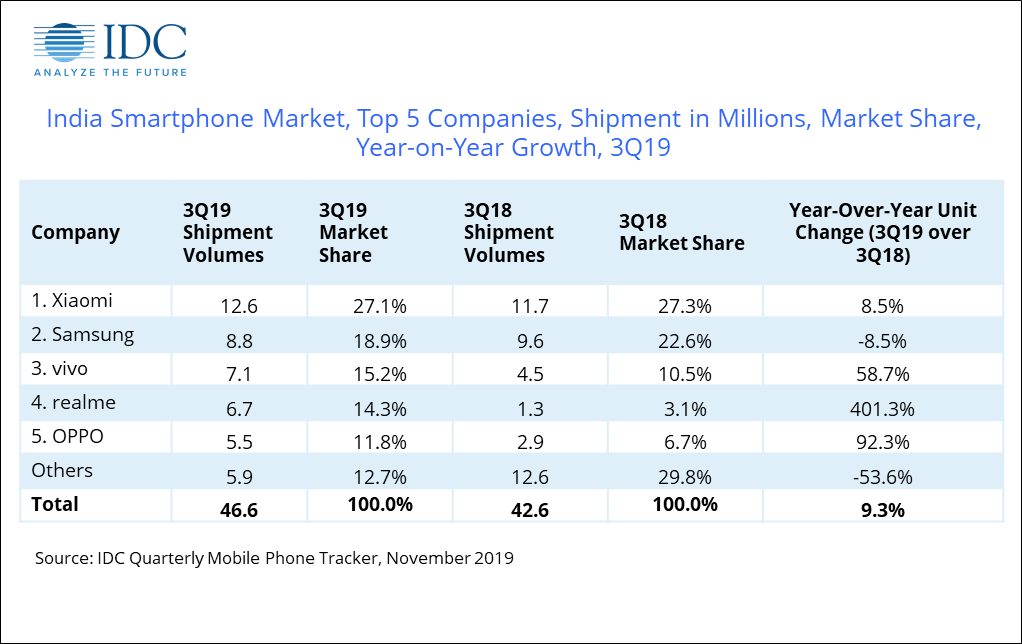
An expensive experiment in global distribution has been abandoned by Adidas, which has announced that will close its robotic “Speedfactories” in Atlanta and Ansbach, Germany, within 6 months. The company sugar-coated the news with a promise to repurpose the technology used at its existing human-powered factories in Asia.
The factories were established in 2016 (Ansbach) and 2017 (Atlanta) as part of a strategy to decentralize its manufacturing processes. The existing model, like so many other industries, is to produce the product in eastern Asia, where labor and overhead is less expensive, then ship it as needed. But this is a slow and clumsy model for an industry that moves as quickly as fashion and athletics.
“Right now, most of our products are made out of Asia and we put them on a boat or on a plane so they end up on Fifth Avenue,” said Adidas CMO Eric Liedtke in an interview last year at Disrupt SF about new manufacturing techniques. The Speedfactories were intended to change that: “Instead of having some sort of micro-distribution center in Jersey, we can have a micro-factory in Jersey.”
 Previous post
Previous post
 Next post
Next post